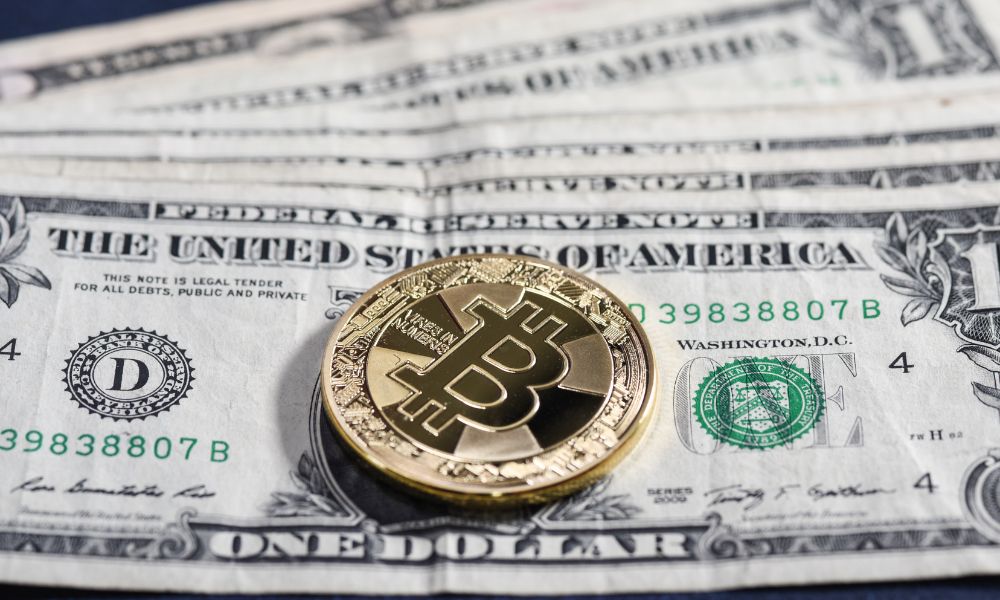
In an age where our finances are becoming increasingly digitized and globalized, the term “decentralized currency” is gaining more and more attention. But what does it mean for you and your money? Is it just a fleeting tech trend, or could it actually redefine how we perceive and handle our personal wealth? Let’s take a look at decentralized currency and its benefits.
Understanding Decentralized Currency
Any digital or virtual currency not controlled by a single entity, such as a government or central bank, is a decentralized currency.
Decentralized currencies rely on blockchain technology, unlike traditional money, which is tied to a central authority and usually exists in physical form.
This technology is a distributed ledger that records all transactions across multiple computers. The key point is that no one person or organization is in charge.
Decentralized currencies like Bitcoin have several advantages over traditional payment systems.
In the case of Bitcoin, the blockchain serves as a public ledger that records all transactions.
This offers transparency and provides a near-anonymous means of transferring value, as personal information is not directly tied to the transactions.
This type of system also bypasses the need for traditional financial intermediaries, which typically come with fees and processing times.
Why Was Decentralized Currency Created?
The 2008 financial crisis sparked the creation of decentralized currency. It was introduced with the intent to create a system where individuals can have more control over their transactions and where the currency itself would operate differently from traditional money, aiming to offer a more stable, predictable value.
Practical Applications of Decentralized Currency
Decentralized currencies have real-world applications that are growing by the day. People can use these digital assets for secure and efficient e-commerce transactions.
For instance, businesses can accept cryptocurrency from customers worldwide without the worry of exchange rates or international transaction fees.
Another practical use is in cross-border payments, which can be slow and costly when using traditional banking systems.
Cryptocurrencies allow for almost instant transactions with minimal fees, making international commerce more accessible.
Furthermore, when employed as investment tools, decentralized currencies offer an alternative to traditional financial markets, with the potential for significant returns. Investors view them as a hedge against the potential devaluation of fiat currencies.
Challenges and Future Outlook
While decentralized currencies bring about numerous benefits, they also face their share of challenges.
Regulatory concerns and the need for robust anti-money laundering and know-your-customer frameworks are areas that require further development. Additionally, there are ongoing debates surrounding the scalability of blockchain technology.
Despite these challenges, the potential for increased adoption of decentralized currencies seems promising, with an emerging sector known as decentralized finance (DeFi) offering new ways to manage and grow wealth without the need for traditional financial intermediaries.
While decentralized currencies may not be at the core of our financial systems just yet, they are opening pathways to more inclusive and efficient transactions.
Understanding decentralized currency and its benefits could be key to financial empowerment in the years to come.
